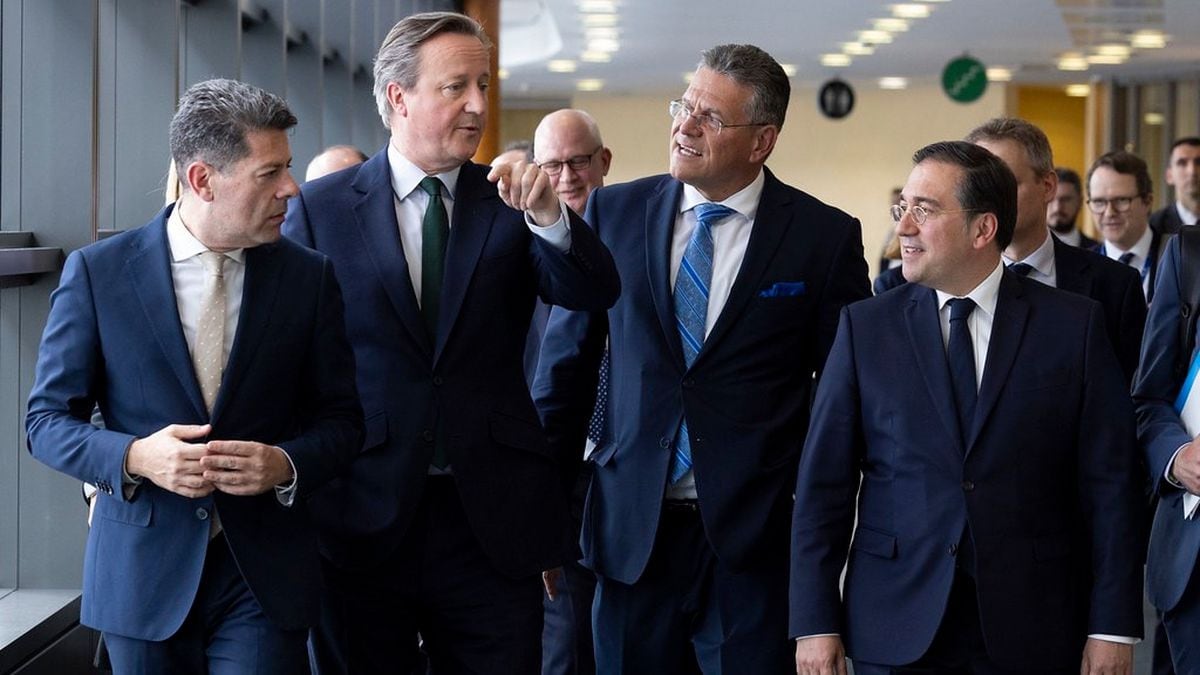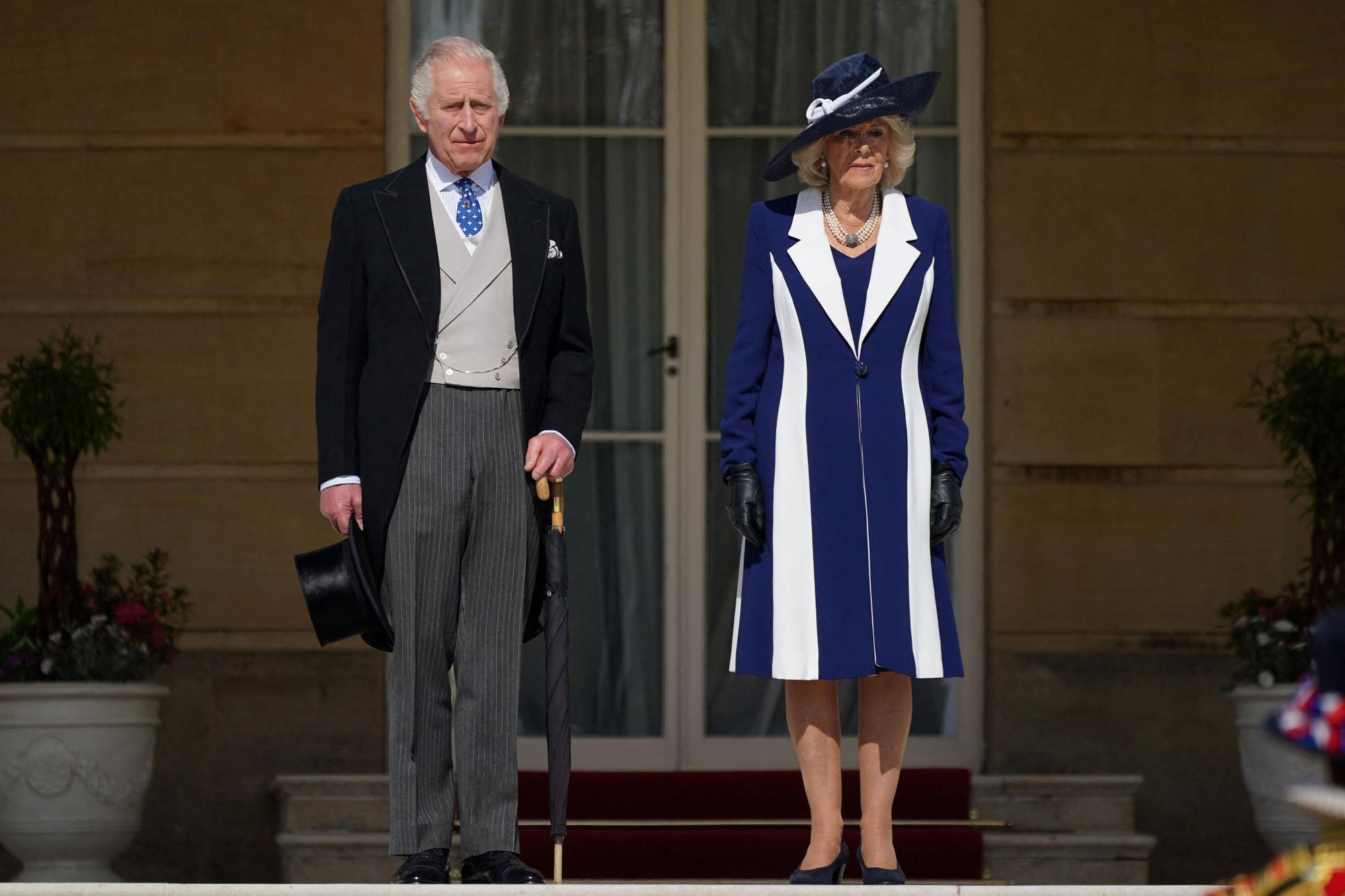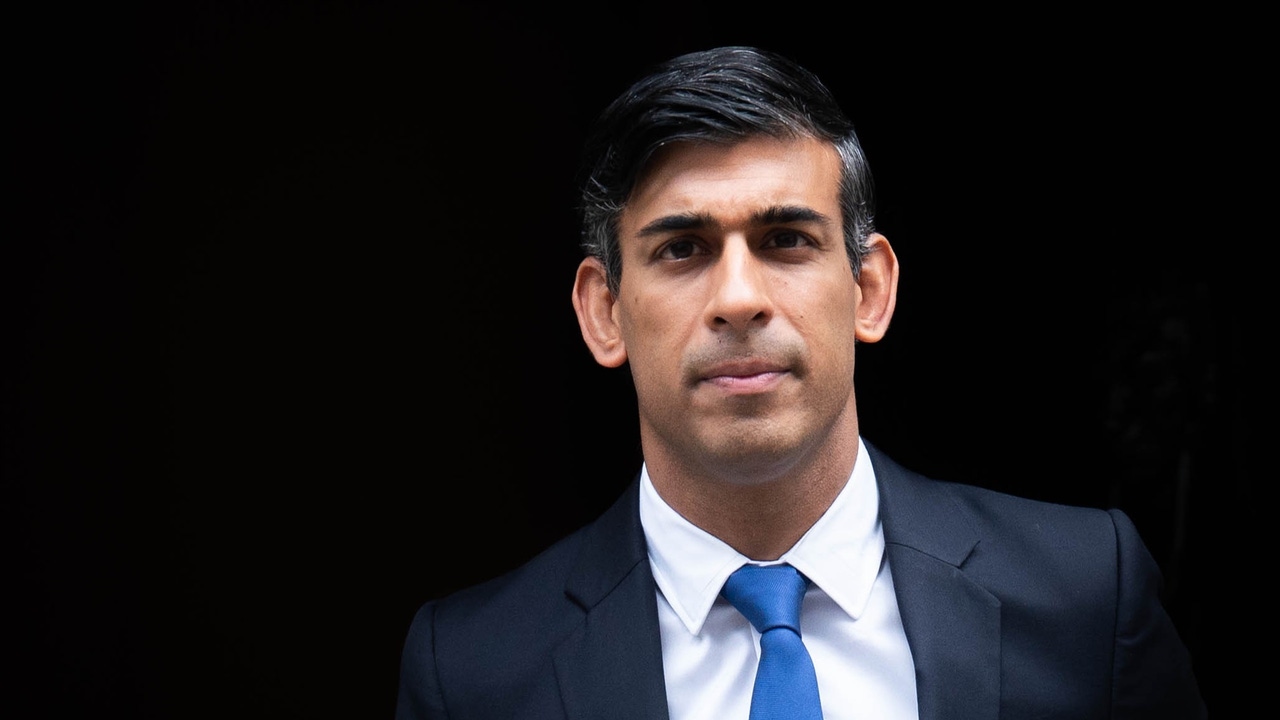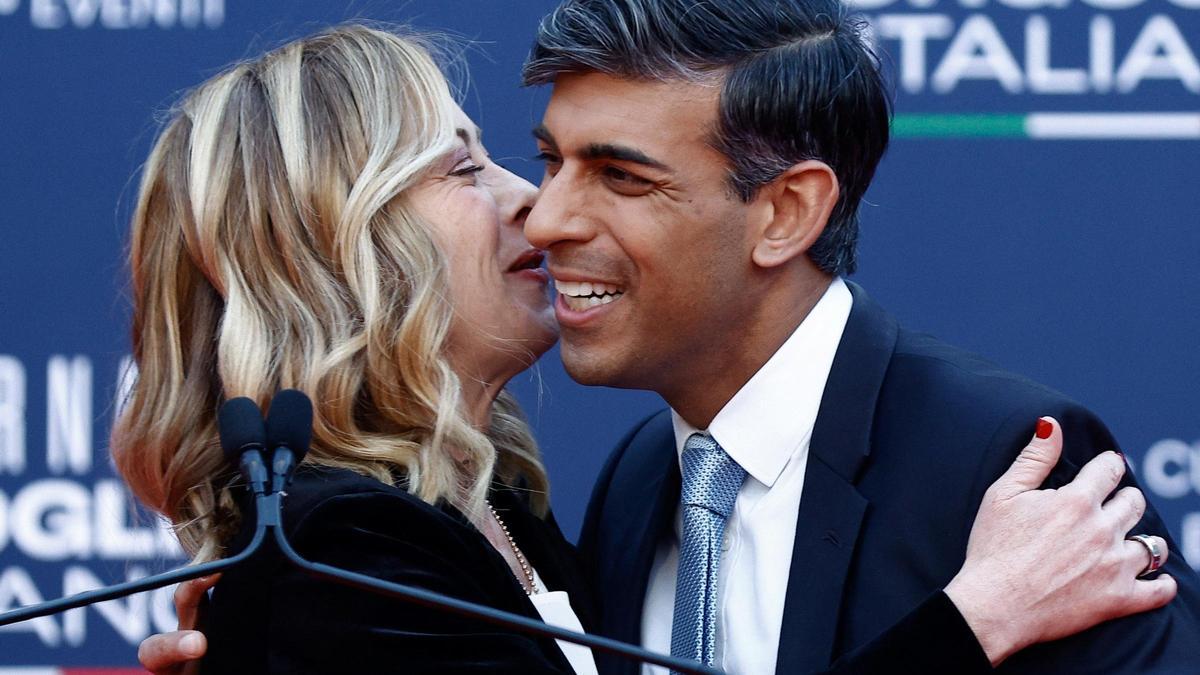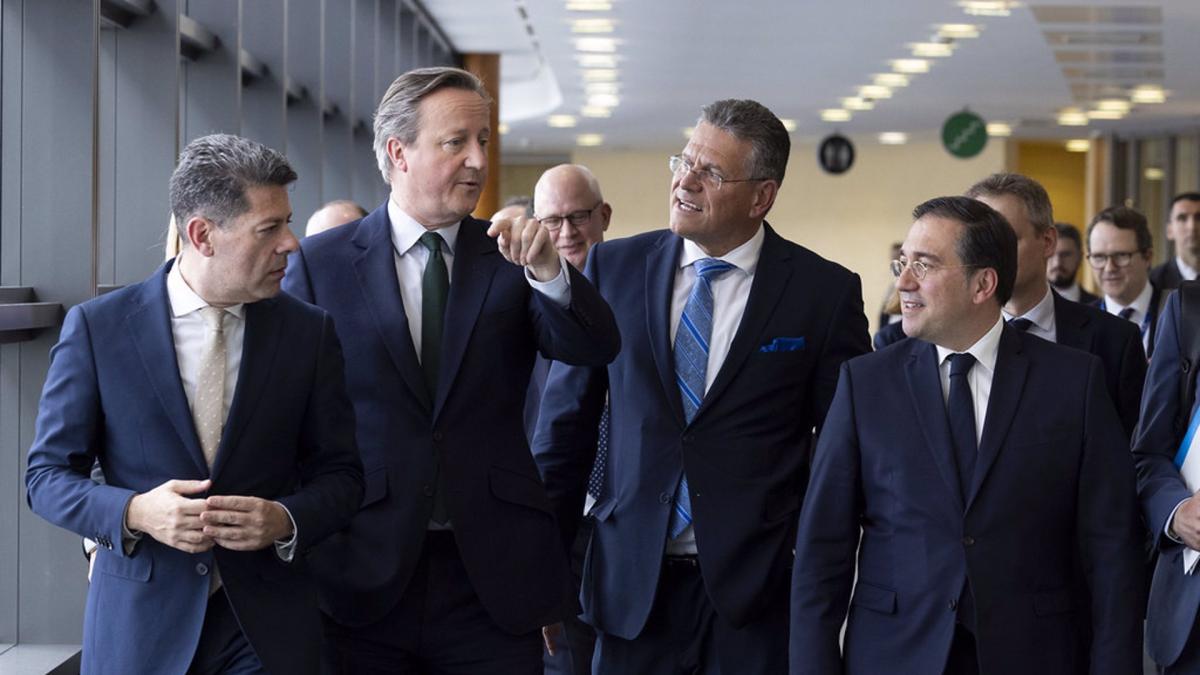The decision on which board from Venezuelan central bank (owned by Nicolás Maduro or Juan Guaido) has authority and access to 31 tons of Venezuelan gold bullion deposited in the Bank of England will be known in October.
However, several legal precedents allow lawyers experts in international law, and consultant at Lotus Legal Solutions, Moisés Montiel, to draw four hypothetical scenarios about the future of this reserve.
scenario
1️⃣ The judge obeys the decision of Supreme Court of Great Britainand for the recognition given by His Majesty’s government Queento Juan Guaido, who endorsed the BCV ad hoc council appointed by the interim government.
Montiel remembered that the Supreme Court had to decide who Venezuela’s legitimate president in the previous trial. The lawyer explained that since the court was unable to seize the direction and implementation of the foreign policy of the government, which is headed by the Queen, it was decided to consult with the Ministry of Foreign Affairs regarding Guaido’s recognition or not.
Ministry of Foreign Affairs spoke support Guaido and send this statement to the Court, which resolves the dispute in favor of the president in charge.
“Due to the particular characteristics of the duality of our executive representatives, the UK foreign affairs office decided that, given the uncredibility of the 2018 presidential election and the systematic pattern of human rights abuses caused by a mature government, recognize the interim government“, he gave an example.
2️⃣ The judge said that the doctrine of State acts prevent you from knowing about the subject because it can not state whether or not the internal actions of Venezuela are legitimate, therefore, comply with what the British Supreme Court and the Ministry of Foreign Affairs have said.
In the Anglo-Saxon tradition, the doctrine of state action usually used to prohibit or make it impossible for courts to consider legislative or executive actions of other governments. A precedent is the famous case of the Cuban National Bank against Sabbatino, when it was said that this was a way to ensure the right to sovereignty and non-interference in internal affairs”, he argues.
3️⃣ Judge decides to leave”frozencase until the political conflict in Venezuela is resolved, the decision that Montiel warns of will not be well founded in international law and also unreasonable, as it would deny the Venezuelan State access to its own resources.
“In this stage no one will have access to gold and it’s not robbery, but some kind of looting. The hold the bank has on the gold does not allow the judge to lock up the funds until the matters in Venezuela are settled,” he added.
4️⃣ The judge ruled that acknowledge TSJ’s assessment which declared the illegitimacy of the ad hoc council and, consequently, that Guaido’s council was not appointed under Venezuelan law, which would benefit Maduro, “but it would be an explosion from an international legal point of view, it would be a violent interference in Venezuela’s internal affairs”, he insisted.
According to him, the first two scenarios are more likely and legally feasible.
Keep in mind that TSJ, who directs Michael Morenodeclared the invalidity of the BCV ad hoc council appointed by Guaido.
But Britain, by recognizing Guaido politically, also recognizes the National Assembly elected in 2015 appointed judge different from that represented by Moreno, with whom it was the TSJ who scrapped the “nothing” designation for the UK government, according to Montiel.
A case that is more political than legal
Doctor of law from the University of Navarra, professor of international economic law and managing partner of Luriscorp, Rafael lvarez Loscher, judged that the judge could say that unable to judge on the validity or otherwise of the Venezuelan Judiciary.
“This is a complex and unusual legal battle being played out in British courts and in the end it is political issues and the exercise of power. Already in a London court, progress has been made on the issue of legitimacy, recognizing the political decision of the British government to regard Guaido as president. The problem now is the power decisions that come from Guaido; namely the decision to appoint an ad hoc board that can make decisions regarding the purpose of the reserve,” he stressed.
Lawyers stressed that the complexity of the case relates to TSJ Venezuela’s action to cancel the ad hoc meeting, with which, “complex arguments are being aired relating to domestic political stage Venezuela in a commercial court that doesn’t seem the best place to debate this.”
“It is difficult to know what to expect, politically there is Guaido’s confession, but it is difficult for the judge to conduct a real substantive examination of TSJ’s partiality or not, another thing is that he cannot enter. to explain Venezuela’s legal issues,” he said.
And the prime minister?
British Prime Minister Resignation Boris Johnson may have implications in the valuation of gold.
“The one who leads the government is the Queen, but it is the prime minister who directs and implements it, so the new prime minister can twist and to say that now they will recognize Maduro, that is a possibility”, said Montiel.
In this case, the lawyer anticipated what could happen: “If a new prime minister comes in and reverses the confession, the legal assumptions behind everything will change because here the key to San Pedro is who the British government recognizes as the rightful president. If the new prime minister finally recognizes Maduro, they might try new litigationmotivated on the basis that this recognition changes”.
Know the key to the trial.

“Web specialist. Incurable twitteraholic. Explorer. Organizer. Internet nerd. Avid student.”


